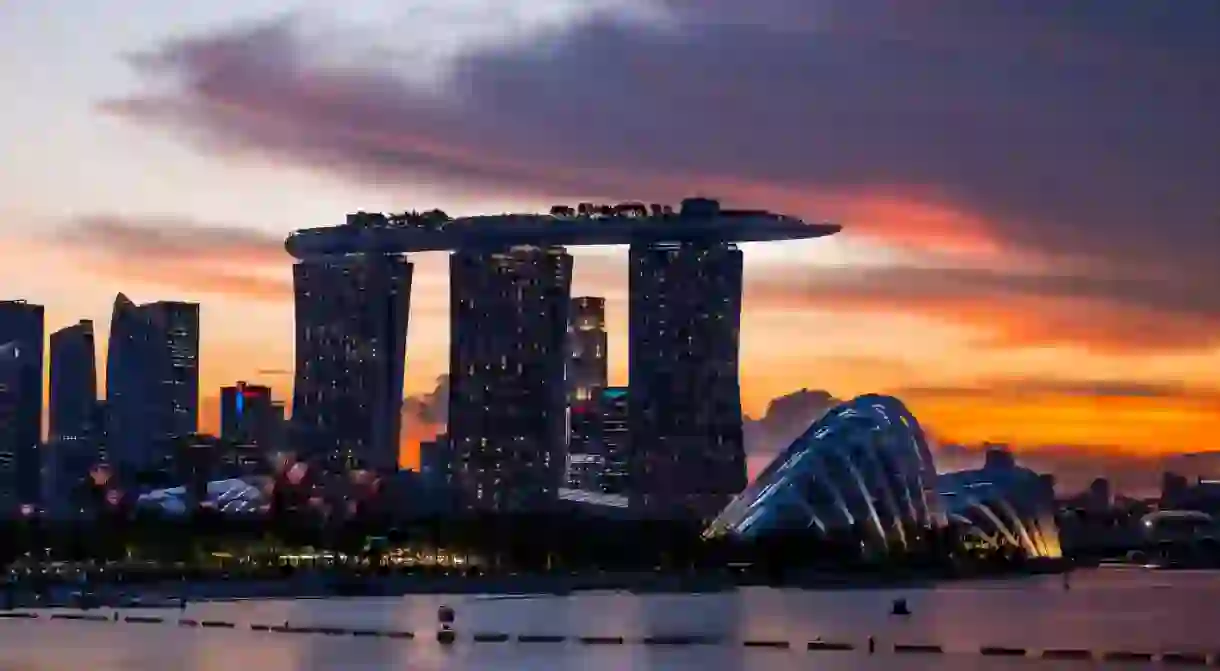Cultural Struggles Every Expat in Singapore Goes Through

Singapore is often referred to as ‘Asia Lite’, which is a fair assessment in the context of neighbouring countries. However, this moniker glosses over the many cultural differences expats often instantly notice between Singapore and their home country. For those planning to relocate, here are a few challenges to be aware of during the transition.
Language
Surprisingly, one of the largest cultural struggles comes down to language. Singapore is a popular choice for Western expats because, unlike most other Asian countries, one of Singapore’s official languages is English – the others being Mandarin, Malay and Tamil. The problem typically comes with Singapore’s unofficial language, Singlish, essentially a mix of all four official languages, with its own peculiarities thrown into the blend. Generally, Singaporeans will not speak Singlish in a business environment; however, in a social setting, all bets are off. The Singaporean government has shown a changing opinion towards Singlish; sometimes championing it as part of Singapore’s national identity and, at other times, opposing to its use, like with the Speak Good English Movement. Regardless, Singlish is here to stay, as evidenced by several phrases recently being added to the Oxford English Dictionary.

Living Costs
Any expat researching Singapore may be shocked by the price of rent and the costs of owning a vehicle in the city-state. Renting a one-bedroom apartment near the Central Business District costs upwards of SGD3,000 (£1,715) and even just a Certificate of Entitlement, a license to own and use a vehicle for 10 years, costs around SGD71,000 (£40,560). However, since those costs are usually discovered during preliminary research, what typically comes as a struggle for expats are day-to-day expenses. Shoppers at Cold Storage, a supermarket commonly frequented by expats, are often fraught with horror when discovering the price of groceries – think US$7 (around £6) for celery or US$17 (£14) for two parsnips.

Impact of Climate Changes
Another major cultural struggle is trying to adjust to Singapore’s unique equatorial climate. A large part of that is the relentless and oppressive midday heat; expats quickly learn they are much better off taking a bus or taxi than attempting the 20-minute walk to their next appointment. Other facets of the environmental struggle are haze and rain. During the early autumn, neighbouring Indonesia burns large swathes of forest and the resulting ash blows over Singapore. The severity is not the same from year to year, but in 2013 and then again in 2015, the PSI readings were frequently in the 250-plus range, making it unhealthy even for healthy adults.

Office Dynamics
The final cultural challenge that expats in Singapore may encounter revolves around office dynamics. One element is the idea of ‘power distance’, a concept that was widely publicised in Malcolm Gladwell’s novel Outliers: The Story of Success. In Singapore, corporations have a strongly defined hierarchy, which dictates every interaction in the workplace. Coming from the West where lower-level employees are still encouraged to contribute their ideas, this constraint can be very jarring. The other office dynamic that often confounds expats is the idea of ‘saving face’. What this means is that employees in Singapore will usually go out of their way to avoid singling out another staff member for anything negative and can even go as far as one colleague being unwilling to correct another, if it could be construed as confrontational.













